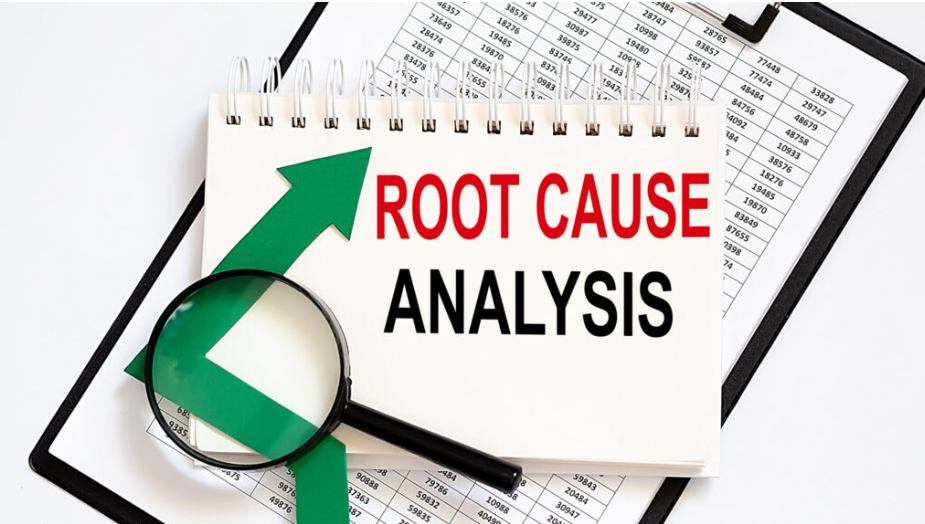For individuals who use cannabis regularly, the question often arises: how to detox from THC in a safe, effective, and sustainable way. Whether the goal is to pass a drug test, improve mental clarity, or begin a recovery journey, understanding the detox process is essential.
Detoxing from THC (tetrahydrocannabinol), the psychoactive component of marijuana, is not always as straightforward as people think. Unlike substances that leave the body quickly, THC can remain in fat cells for weeks, making the detox process more complex. This blog explores the science behind THC detox, the best strategies for clearing it from your system, and when professional help may be necessary.
Understanding THC and Why Detox Is Needed
THC binds to fat cells in the body, which means it lingers much longer than alcohol or stimulants. Depending on usage frequency, metabolism, and body fat percentage, THC may remain detectable for days to several weeks.
Reasons People Choose to Detox:
- Employment: Many workplaces require drug testing.
- Legal Requirements: Court-mandated testing often includes THC screening.
- Health and Wellness: Clearing THC can improve sleep, memory, and motivation.
- Addiction Treatment: Detox is often the first step toward recovery from cannabis dependence.
How Long Does THC Stay in the Body?
The length of time THC remains depends on several factors:
- Occasional Users (1–2 times/month): 2–7 days
- Moderate Users (weekly): 7–14 days
- Frequent Users (daily): 14–30+ days
- Heavy Users (multiple times/day): Up to 60 days
These are estimates. The body’s metabolism, hydration, and lifestyle also play key roles in elimination.
Methods for Detoxing from THC
There is no “quick fix” for THC detox, but certain approaches can help speed the process and reduce withdrawal symptoms.
1. Natural Detox (Time and Lifestyle Changes)
- Hydration: Drinking plenty of water helps flush out toxins.
- Exercise: THC is stored in fat, so burning fat through cardio and strength training can accelerate detox.
- Healthy Diet: Fiber-rich foods aid digestion, while antioxidants help the body process toxins.
- Sleep: Rest is essential for the body to reset and heal.
2. Medical Detox Programs
For heavy users or those with cannabis use disorder, professional detox may be recommended. Medical detox provides:
- 24/7 monitoring for withdrawal symptoms
- Medications to reduce cravings and anxiety
- Therapy to address psychological dependence
3. Home Remedies (Limited Effectiveness)
Some attempt “quick fixes” like detox teas, cranberry juice, or over-the-counter products. While hydration and healthy eating do help, many advertised detox kits are not backed by science and may give false reassurance.
THC Withdrawal Symptoms
Though not as severe as withdrawal from alcohol or opioids, stopping cannabis use can still cause discomfort. Symptoms often begin within 24–72 hours after quitting and may last 1–2 weeks.
Common Withdrawal Symptoms:
- Irritability and mood swings
- Anxiety and restlessness
- Sleep disturbances or vivid dreams
- Decreased appetite
- Headaches and fatigue
In a residential or outpatient program, these symptoms can be managed with counseling, medical support, and holistic therapies.
Holistic Approaches to THC Detox
Many treatment centers now integrate holistic therapies into the detox process to help ease withdrawal and promote overall wellness. These may include:
- Yoga and Meditation: Supports mental clarity and reduces anxiety.
- Nutritional Therapy: Replenishes the body with vitamins and minerals depleted by cannabis use.
- Acupuncture and Massage: Helps relieve stress and promote relaxation.
- Breathwork and Mindfulness: Teaches individuals to manage cravings and emotional triggers.
The Role of Professional Treatment in THC Detox
For individuals struggling with cannabis dependence or using marijuana alongside other substances, professional treatment offers significant advantages. Programs can provide:
- Safe detox supervision to manage withdrawal
- Dual diagnosis care for co-occurring mental health disorders like anxiety or depression
- Individual and group therapy to address the underlying causes of cannabis use
- Aftercare planning to reduce relapse risk
Myths About THC Detox
There are many misconceptions about detoxing from cannabis. Let’s clear up some of the most common myths:
- Myth: Drinking excessive water guarantees a clean drug test.
- Truth: Hydration helps but cannot erase THC stored in fat cells.
- Myth: Detox kits work instantly.
- Truth: No kit can override the body’s natural detox process.
- Myth: Stopping cannabis use is easy and requires no support.
- Truth: Withdrawal symptoms and psychological dependence can make quitting difficult without help.
Long-Term Recovery and Beyond Detox
Detox is the first step, not the last. Long-term success requires ongoing strategies to maintain sobriety and improve overall health.
Recovery Supports:
- Outpatient counseling for continued accountability
- Support groups like Marijuana Anonymous
- Sober activities to replace cannabis use
- Healthy lifestyle habits, including fitness, mindfulness, and nutrition
When to Seek Professional Help
If cannabis use interferes with work, school, relationships, or mental health, detox alone may not be enough. Professional treatment provides the tools and support necessary for lasting recovery.
Signs you may need help include:
- Daily cannabis use despite negative consequences
- Inability to stop on your own
- Using marijuana to cope with stress or emotions
- Mixing cannabis with alcohol or other drugs
Final Thoughts
Learning how to detox from THC is about more than just passing a drug test—it’s about reclaiming your health, focus, and future. While natural methods like hydration, exercise, and rest can help, individuals struggling with dependence may benefit most from professional support.
With the right combination of medical care, holistic healing, and long-term recovery planning, anyone can break free from cannabis dependence and move toward a healthier lifestyle.
At Opus Treatment, we are here to walk with you through that first step—and every step that follows.



